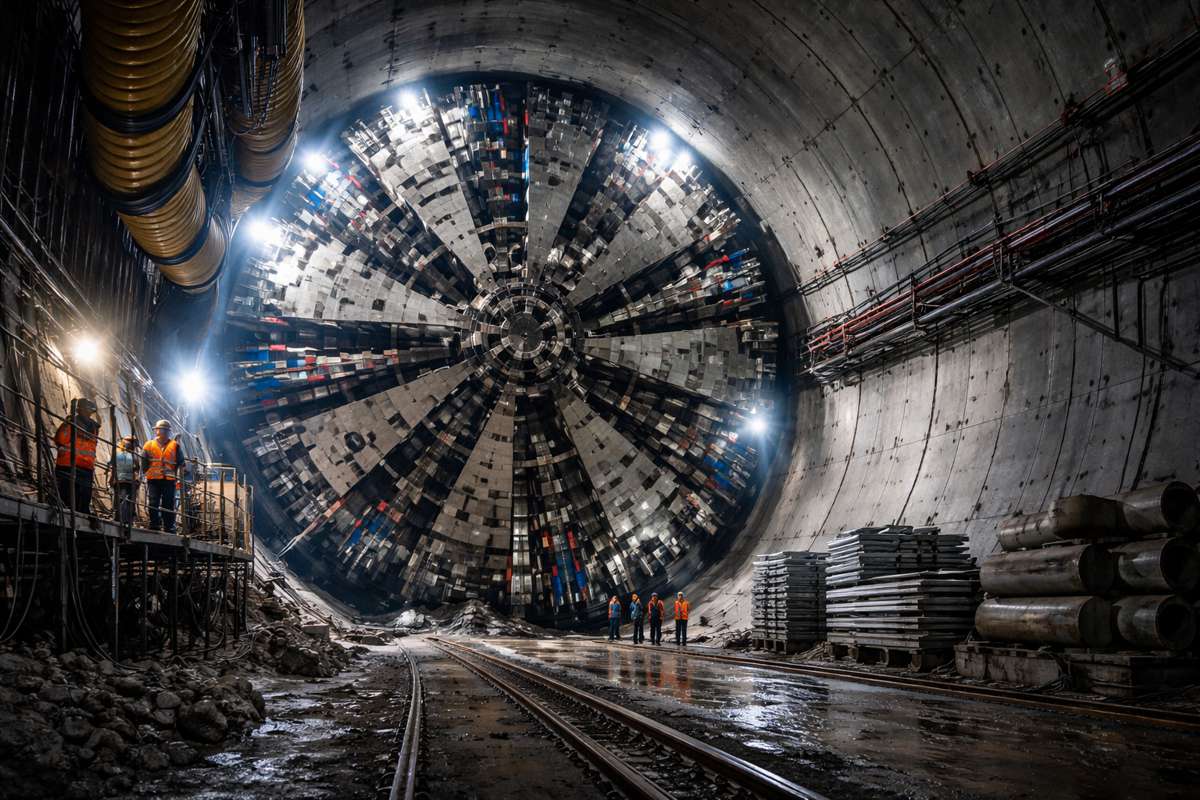Fixing potholes is essential work for now and the future
Vehicle repairs cost due to pothole damage are huge with UK drivers spending £4.09 billion a year on car damage caused by potholes and it’s estimated that combined England’s potholes would now be 15 times deeper than the lowest point of the Grand Canyon or three times the height of Mount Everest!
A well-maintained road network is critical to enable users to get safely to and from work but hard to repair during normal daily use. Whilst the roads are quiet the team at ODS, a local authority trading company (LATCo) wholly-owned by Oxford City Council, have been following the PHE safety guidance and carrying out repairs that we will all benefit from when the lockdown is over.
Unite’s national officer for construction, Jerry Swain, rightly said: “Highways maintenance workers are ‘essential workers’ who play a vital role in keeping roads open and motorists safe.”
How can highways teams make use of the quiet roads?
Since the COVID-19 outbreak, ODS has repaired 1191 highway defects and completed 381 inspections since March 2020 – a 68 per cent increase on the same period last year (final week of March to end April), when our ground crews completed work on 708 defects.
Like all other businesses we’ve had to deal with employees who are unwell, who need to self-isolate or protect others, but have managed to work round this with good systems and management planning including up to the minute records of which staff are able to work, where.
We put in place covid-compliant work measures early on, with team members working in pairs and only allocated work with their partner. This means that one partner looks out for the other’s welfare, and if one exhibits any symptoms, the team can be easily isolated.
In addition to having robust staff management systems, having a largely local workforce has really made a difference because travelling to work is relatively easy during lock down when public transport, for example, is reduced. Over half of our staff live in Oxford city and ninety per cent within Oxfordshire, giving a strong commitment to the area; this too has an impact on our ability to deliver a good, quality service on highways work.
Most organisations have a mission statement, but ours which is ‘to do good business that’s good for everyone’ is particularly easy to translate into action because our staff live locally and can see the value of their work in their own communities.
Repairing potholes in your local area is particularly satisfying, as is knowing that a road you, your family and key workers like the NHS use regularly has been repaired to the highest possible standard.
In addition to the general benefit of having a local workforce and service ethos we also have good in- house supplies of all the protective equipment the workforce needs, so there was no delay waiting for stock to arrive. All workers have access to appropriate PPE including facemasks, latex gloves, hand sanitizer and anti-bacterial hand wipes when they are working. Static sites have regularly cleaned welfare units and our mobile teams operate staggered breaks at the depot.
Where possible, operatives go out in separate vehicles, and all our delivery and muck away drivers are isolated by the nature of their work and follow new site rules.
These measures mean that we have been able to exploit the fact of our roads being quieter to get out and fix repairs. Oxford has been experiencing lower levels of traffic including fewer cars and buses and there are also no Oxford University exams taking place which, under normal circumstances, are all challenges our highway crews have to contend with.
In this period we’ve actually found that we are also able to access those awkward potholes that are often inaccessible due to parked cars in controlled parking bays on city centre streets; and it has also been a good time to tackle loose and rocking slabs on city centre footways. We have also brought forward our programme of planned resurfacing works across several areas in Oxford’s city centre.
Keeping Britain moving
A smooth road network is essential for helping keyworkers stay focused on the issue at hand whether that’s emergency vehicles responding to calls or NHS workers traveling to and from work. In a ‘normal’ year, the South East Ambulance Service completes 800,000 trips a year on behalf of patients, just imagine how this has heightened since the outbreak.
Pothole free roads also mean that the nation’s transport drivers can complete deliveries hassle-free. It allows vital medicines to arrive safely and supermarkets to make as many doorstep deliveries as efficiently as possible, reaching more vulnerable people who need to access these vital home services.
We’re also seeing more adults and children taking to their bikes and running as part of their allocated daily exercise, so we need repaired roads to ensure they travel safely and do not injure themselves presenting additional pressure on NHS during this pandemic.
Repairing roads, surface dressing and pothole filling are also imperative for greening the future to encourage more people to continue the exercise habits they’ve developed during lock down. Plus, it is also predicted that more people will opt to commute by bike or by foot to avoid public transport.
By adopting new working practices swiftly, it has been possible for our highways teams to be proactive and take advantage of one, perhaps unexpected, consequence of the coronavirus – quieter roads. This has helped us forge ahead in road maintenance schedules, fix awkward road repairs and ensure a smooth transition for all as we emerge from lock down.
Article by Sophie Hearn, Head of Infrastructure at ODS.





























